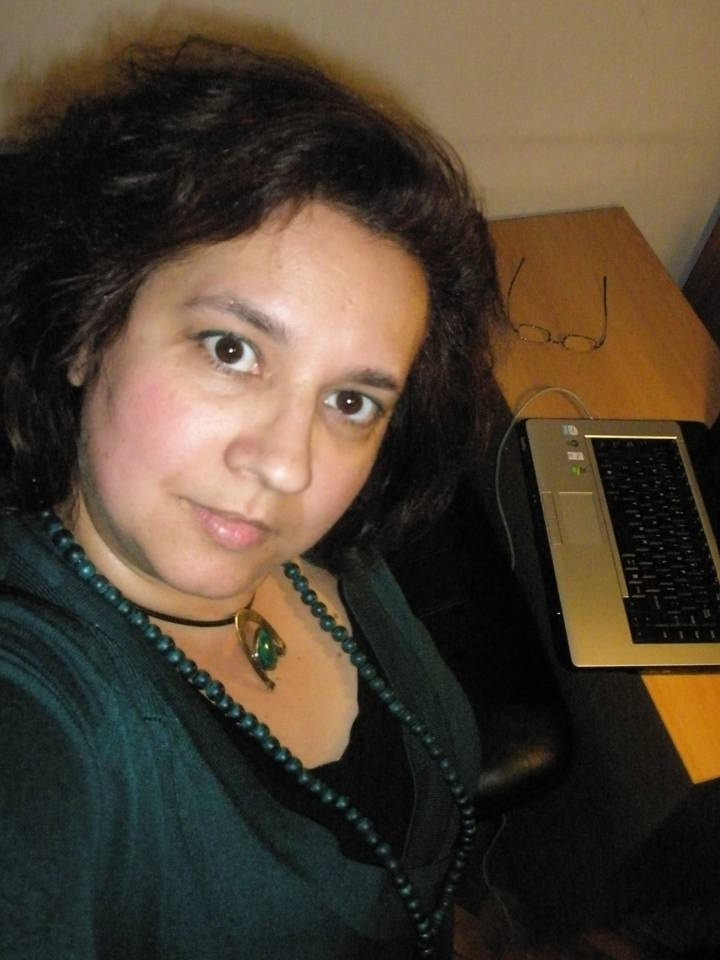Communication in Solidarity Technologies mediation for Health Improvement
il y a 9 ansSolidarity Technologies is a innovative concept developed in my PHD research (Mourato, 2011), which combined recycling technological devices and other material, software open source, media and networks with ICT for all, accessible, adaptable to disability, ergonomically compatible to give users the possibility to communicate, to interact, to have a voice, freedom and autonomy to learn and develop their own skills and life.
Media, communication and network connection based in mobile devices could be applied. Solidarity Technologies will be study at empirical research in specific formal learning and real life situations, such as rehabilitation and paediatric or adult hospital training schools, social enterprises, elders universities institutions and others communities. I’ll try to transfer communication to another semiotic dimension and reflect new challenges of social interaction.
It was assumed that ICT contribute to help people with disabilities to grow on knowledge and personal values. I try to find if problem based learning methodologies could be used in non formal and informal context like social networks or online collaborative platforms, taking five researches objectives:
• Describe how problem based learning could reflect communication and social presence in networks. What are the theoretical, economics and semiotics motivations to take Internet as a tool, and design customizable interfaces for all and particularly people with disabilities, special needs or elderly?
• Explore the theoretical basis for conceptualizing and measuring how communication mediation could adapt those Solidarity Technologies at real and digital context.
• Introduce and define different dimensions of spreading information’s, contents and data application in order to find problem based learning methodologies objectives, outcomes, and expectations which we originally set out to achieve.
- Reusing, remixing and integrate obsolete technology and devices for create renewal accessible switches, and made all available and free, adapted to each person following an ecological perspective.
- Find if it is possible health enlargement using Solidarity Technologies in addition with alternative medicine and oriental life styling.
The study design will be based on literature review, participant’s observation, data collection from similar studies. Semi-structured interviews and questionnaires could be applied as well. A prototype of a Virtual Learning Environment (VLE) – Simple Knowledge (now at Google’s Universe) will be used too as a training and mediation tool. Simple Knowledge (emerged from my PHD study and research) could be adapted and tested during the first phase to collect data achieved n network connections or in real life situations. The main purpose of VLE was to promote, in a semiotic perspective, the mediation of community’s interaction, collaboration, and communication practices. Other concern is to find which implications that proposal has in participant’s learning, life, work, growing and ; Other goal is promote and operationalize Solidarity Technologies, concerning their attributes of universality and accessibility, in communication, practical activities, social networks and open source digital resources development making learning objects, multimedia contents and multiples connections to social networks, blogs and enlarged communications possibilities to another schools, institutions and countries.





S'il vous plaît Se connecter pour voir cette section